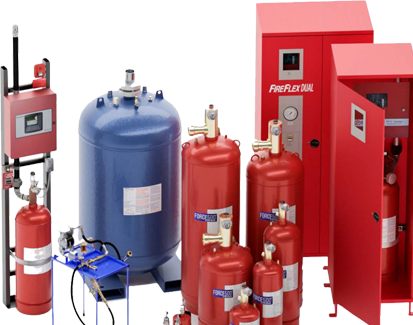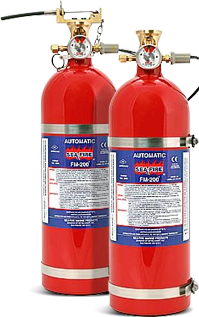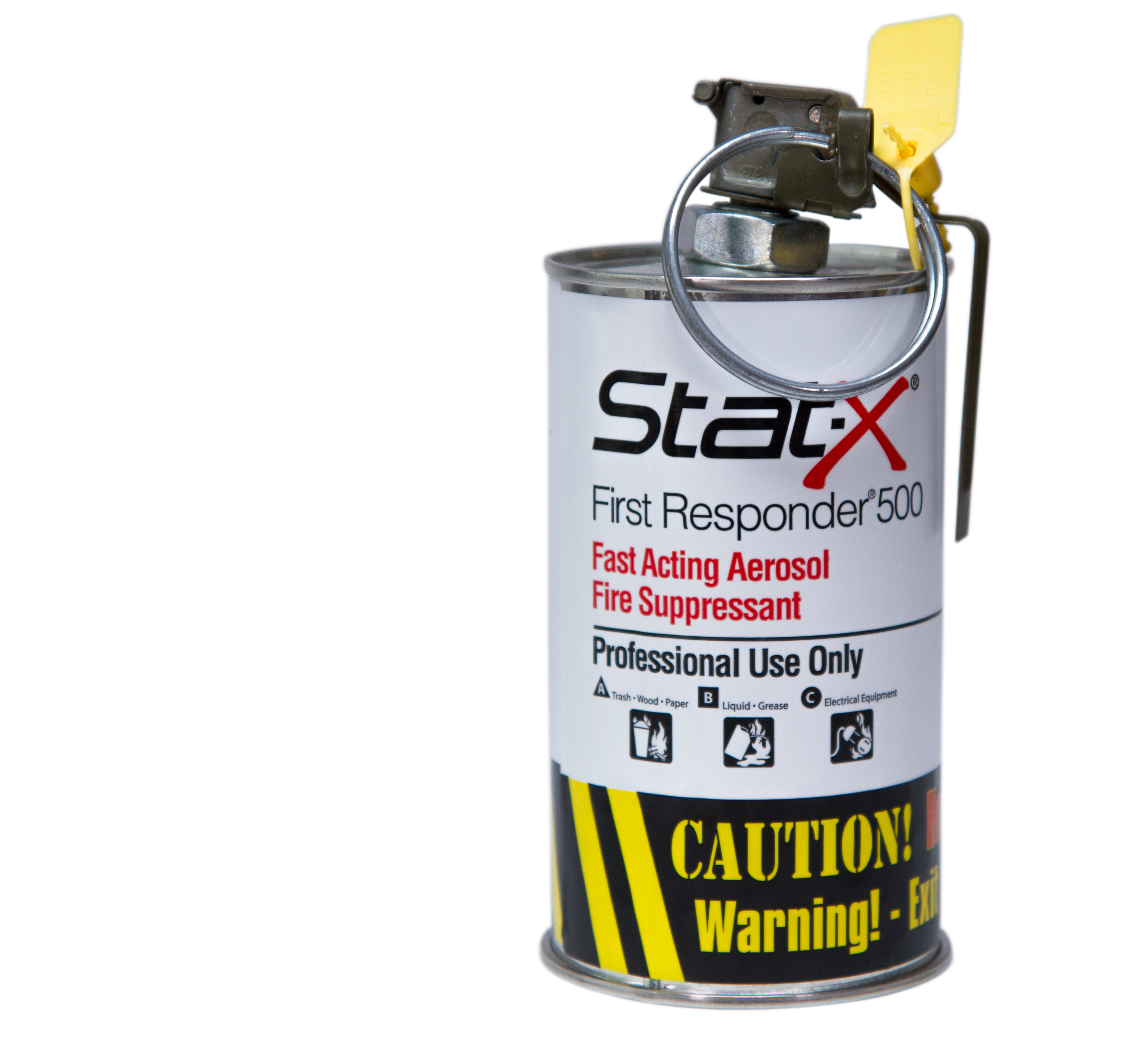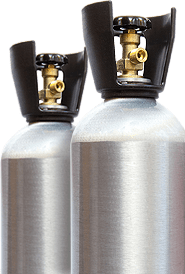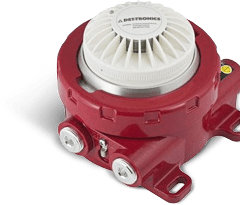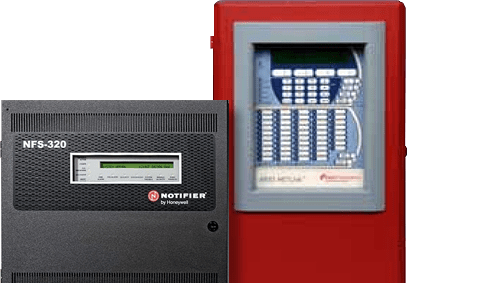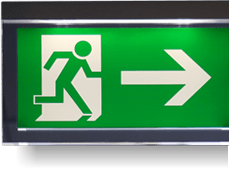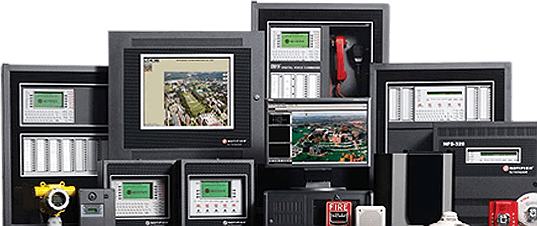The Fire Safety Risks of Overloaded Electrical Panels — and How Suppression Systems Can Help
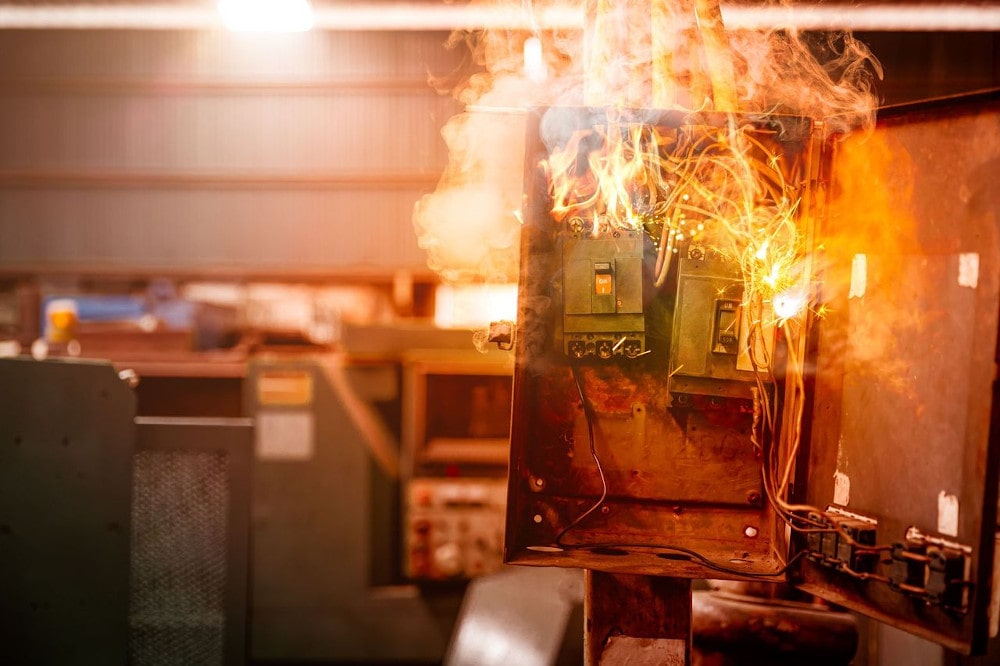
As Canadian businesses rely more heavily on complex electrical systems, the risk of overloaded electrical panels — and the fires they can cause — continues to grow. Many commercial and industrial buildings in Canada still operate with aging infrastructure that was never designed to handle today's power loads. Facility managers, electrical contractors, and building owners need to recognize the warning signs, understand current safety codes, and consider how modern fire suppression systems can help prevent small electrical faults from becoming devastating, compliance-related disasters. With proactive maintenance and the right suppression technology, it's possible to protect people, property, and operations while staying up to code and meeting insurance requirements.
The Hidden Dangers of Overloaded Electrical Panels
Why Overloads Happen in Commercial and Industrial Buildings
Many buildings were built without an understanding of how dependent businesses would become on large amounts of electricity. As businesses move from one location to another, and as technology further progresses, these older buildings are unable to keep up with the larger strain.
Explore further
Over the years they may have been added onto piecemeal without a fully code-compliant overhaul, may be significantly overloaded, or simply have poorly designed panels.
Newer HVACs, data centres, and battery energy storage systems (BESS), pose a significant power load never imagined by the original builders.
What Happens When Panels Are Overloaded
Too much power overloads circuits, causing wiring insulation breakdown, exposing dangerous wires to flammable elements of your facility.
Once exposed, these metal wires can arc or short circuit, posing significant fire risks.
If the panel heats up enough through this overload, it can catch fire. Firefighters will tell you one of the most common sources of fire is a smouldering wire behind a wall that eventually leads to combustion.
Common Warning Signs and Compliance Risks
Recognizing the Red Flags of Overload and Panel Stress
If the same breaker is constantly tripping, it's a good sign it is significantly overloaded.
Heat should never escape from wiring or the breaker panel. Any feeling of warmth from the panel, or discolouration indicating past heat exposure, are a clear sign.
People also search
Any conventional sign of fire, like a burning smell or scorch marks, should never be ignored. It can take days or weeks for these kinds of "hidden fires" to catch.
Any strange sound like buzzing or cracking is an indication electricity is not being housed in its protective casing properly.
Regulatory Standards for Electrical Fire Safety
NFPA 70 (NEC) and CSA C22.1 (Canadian Electrical Code) regulate electrical codes and should be adhered to rigorously. Any local or provincial fire codes should also be taken into consideration and abided by. A certified professional can help you sort through all of these.
Important factors, both for adherence to the law and safety, include panel spacing, access, and proper load management.
Your insurance company may have specific demands and requirements when wiring your system. Non-compliance can impact your coverage or claims.
How Fire Suppression Systems Protect Electrical Panels
Localized Suppression at the Source of Ignition
Confining fire within an electrical panel can help stop the problem before it starts. Rather than risk damaging an entire room, either through delay or exposure to suppression materials, this method resolves the problem quickly and with less potential risk to assets.
Clean agent and aerosol units can automatically control panel fires without the need to put on-scene personnel at risk.
Benefits of Clean Agent Systems in Electrical Enclosures
Non-conductive and residue-free clean agent systems are safe to use around electronics. Remember, fire suppression may be rated for Class C fires (electrical), but that doesn't mean it won't damage them even more than heat exposure. Agents like FK-5-1-12 and Novec 1230 solve this problem.
These types of clean agents protect other electrical equipment without risking greater exposure to heat and flame.
Any room with sensitive equipment ( server rooms, UPS, control centres , etc.) is the ideal candidate for clean agent systems.
Stat-X and Similar Self-Contained Suppression Units
Compact design makes these perfect for mounting inside control panels. Automatic, unmanned deployment of aerosol makes these perfect for electrical fires.
These materials disrupt the ongoing chemical reaction of fire rather than cooling it down like water.
Each canister is self-contained
. There is no need to run pipes or any other supply line to feed them.
Best Practices for Panel Fire Protection
Integrating Detection and Suppression
Combining an early detection system and a suppression setup inside your panels allows for almost instantaneous reaction to fire.
Protects your assets without the need for manned facilities or constant surveillance. These offer a "set it and forget it" mode of fire detection and suppression.
Inspection, Load Balancing, and Maintenance
Preventing electrical fires in the first place is the best solution. Schedule annual audits by skilled professionals to ensure your system can handle the load you need.
Using thermal imagers like TICs can let you detect hot spots behind walls and deal with the problem before it creates an active flame.
Integrate fire suppression into your ongoing maintenance scheduling to create layered systems of tolerance.
When to Upgrade Your Fire Protection Setup
Signs Your Current System Isn't Enough
If your electric-heavy facility is relying completely on sprinklers and manned fire extinguishers, you are putting yourself at risk. Electrical fires are among the most common seen, and waiting until the flames present a big enough problem to see and feel may lead to significant asset loss.
More and more businesses are relying on a more diverse range of electronic machinery to complete day-to-day operations. Don't lose continuity of operation because your fire suppression plan is insufficient.
Understand the risks unprotected panels pose.
Ideal Suppression Options by Facility Type
Server rooms and data centres should be making use of clean agent systems and VESDA air sampling in addition to traditional fire suppression methods (integrating alarms, sprinklers in non-electric areas, etc.).
Industrial facilities can make particular use of aerosol canisters and hybrid clean air agents.
Commercial buildings filled with normal combustibles should keep their sprinkler systems and consider placing compact cabinets like Stat-X and Sevo models in panels to prevent growth of incipient electric fires.
Electric usage has grown exponentially in the 21st century. As more and more businesses convert to an e-commerce model, traditional buildings aren't always kept up to date when it comes to meeting the power load needed to operate this machinery. Focus your fire suppression efforts on these, your most valuable assets, by using the latest technology available designed specifically to control these types of fires.
About the Author
This article was prepared with input from Canadian fire safety professionals at Control Fire Systems Ltd. , certified and experienced in electrical and fire protection systems that meet all provincial and national standards.






